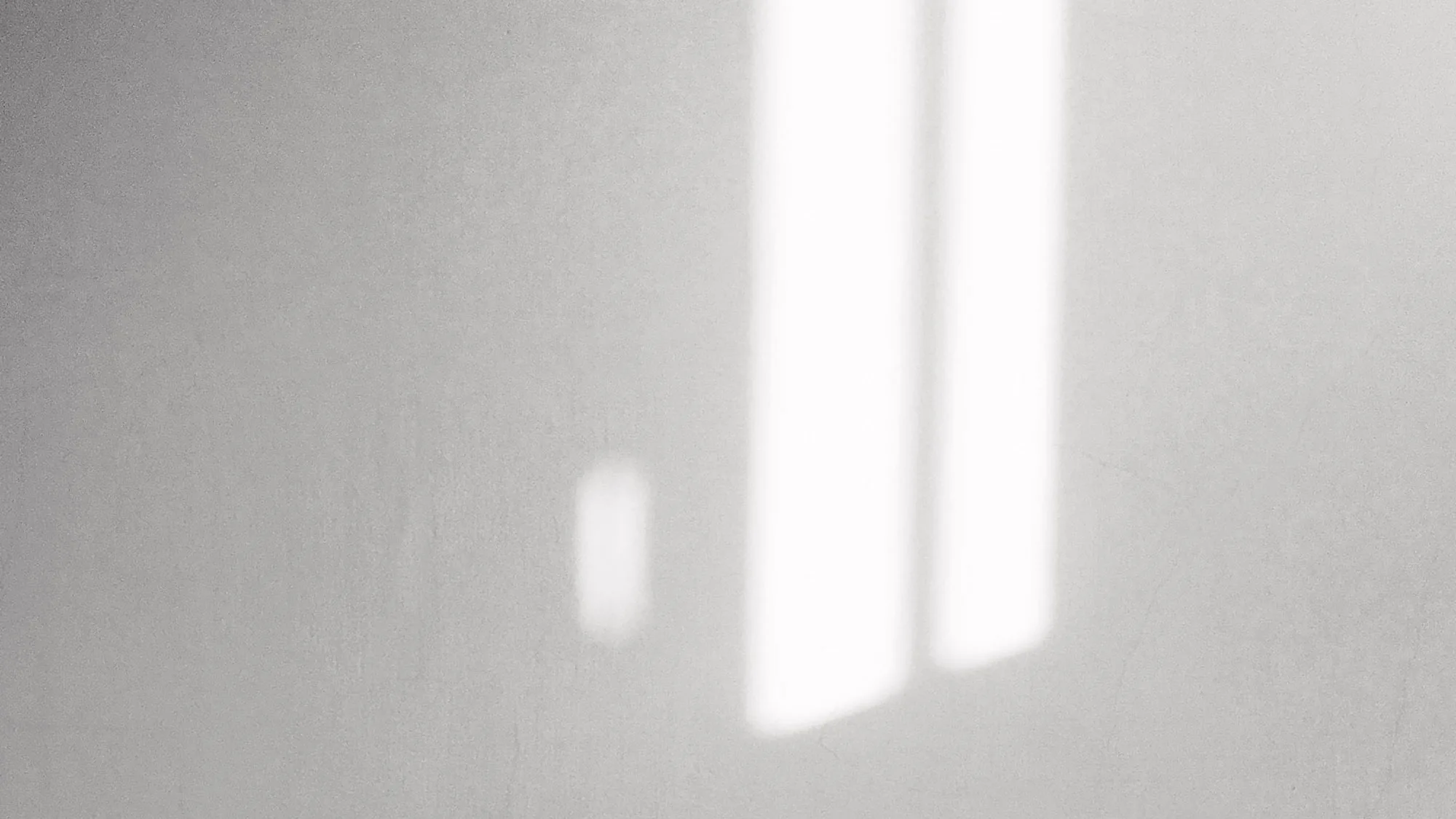
Prevention Through Partnership: The Ɫokʷimas – You Are Strong Workshop on Indigenous Suicide Prevention
Posted October 31st, 2023 by Lina Moskaleva and Taja de Silva
Who we are and where we come from affects our understanding of suicide. This means that effective suicide prevention efforts cannot be one-size-fits-all. To combat the ongoing epidemic of suicide in Indigenous communities across Canada, we must have the knowledge and skills to provide culturally appropriate support, especially those of us who work in helping professions.
The Crisis Center of BC has recently partnered with N’alag̱a Consulting to offer a three-hour online workshop called “ɫokʷimas – You are Strong: Indigenous Suicide Prevention“. This workshop provides an understanding of suicide through an Indigenous social justice lens, and leaves participants with suicide prevention and life promotion tools to help address the epidemic of suicidality in Indigenous communities. Participants will acquire the knowledge to:
- provide enhanced support for Indigenous people who are navigating the spirit of suicide;
- utilize cultural practices for addressing trauma among those living with the spirit of suicide;
- explore the power of healing through land, culture, breath, and our physical bodies to promote wellness and self-regulation;
- build a community of folks who are not only passionate but also willing to engage in discussions about resisting the spirit of suicide.
Workshop participants will not only learn how to talk to someone who might be having thoughts of suicide, but how to create a space where people can be authentic about their experience. This approach comes from N’alag̱a Consulting’s broader suicide prevention program, which was conceptualized as a way to work with Indigenous people and youth who are living with the spirit of suicide in their own communities. Our partnership with N’alag̱a Consulting brings ɫokʷimas to a non-Indigenous audience for the first time.
All of the spots for the workshop were already full almost a month in advance; “The need is there,” says Lu Ripley, Director of the Centre’s Community Learning & Engagement, whose partnership with Avis O’Brien of N’alag̱a Consulting brought the workshop to fruition.
N’alag̱a / Kaaw Kuuna – Avis O’Brien is a multi-talented Haida/Kwakwa̱ka’wakw weaver, teacher, singer, dancer, and land-based cultural empowerment facilitator through N’alag̱a Consulting.
“We often look at colonization as something that happened 200 years ago and now it’s over, but it’s very much alive and present,” says O’Brien. “When someone feels like ending their life and they’re carrying the burdens of ongoing colonization – that’s a really normal human response to what our people are faced with.” This means that suicide prevention also needs to be systemic if it is to effectively address the trauma caused by the systems that are founded on colonial principles.
O’Brien sees this work as vital to the larger project of preventing suicide and promoting life in Indigenous communities. “Suicide prevention is so broad,” says O’Brien pointing out that the currently predominant Western clinical approach to mental health services needs to be incorporated with other approaches and treated as a piece of a larger prevention strategy. O’Brien hopes that the workshop will “plant the seed of the importance of bringing in land-based and culturally rooted ways of resisting the spirit of suicide and healing” emphasizing that this is “what is really going to heal our people.”
Ripley and O’Brien first connected through their work with the First Nations Health Authority in 2021 and the two kept in touch over the years. When asked about what led O’Brien to partner with the Centre, O’Brien pointed to her relationship with Ripley and their shared recognition of the potential value an Indigenous-led training on suicide could bring to our service.
“The role of culture is huge for all of us” says Ripley. Her hope for this training is that it creates more opportunities to “learn from each other and value each other’s knowledge”, so that suicide prevention efforts can evolve to reflect land-based and culturally appropriate approaches to healing.
Folks interested in taking the training in the future are encouraged to fill out our expression of interest form. In the meantime, visit N’alag̱a Consulting’s website to learn more about ɫokʷimas and the work of using culturally rooted tools for suicide prevention.